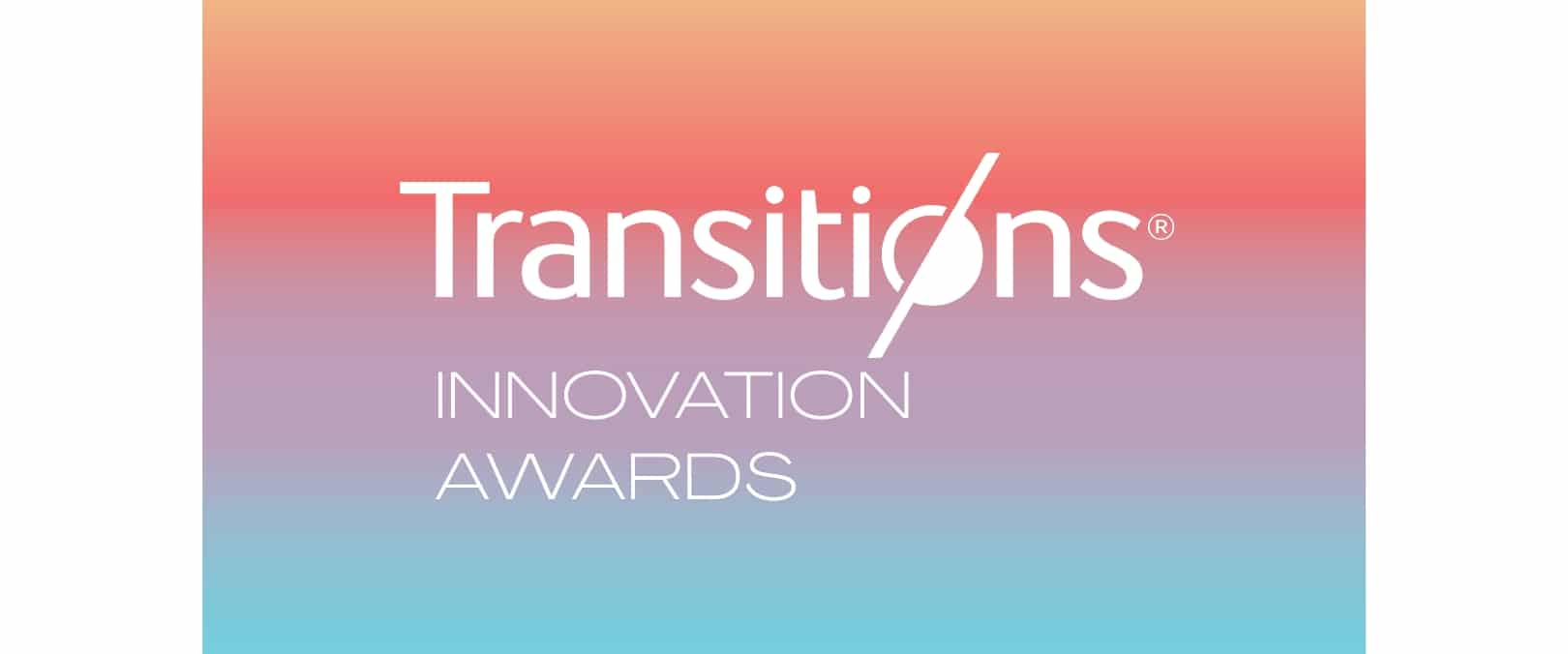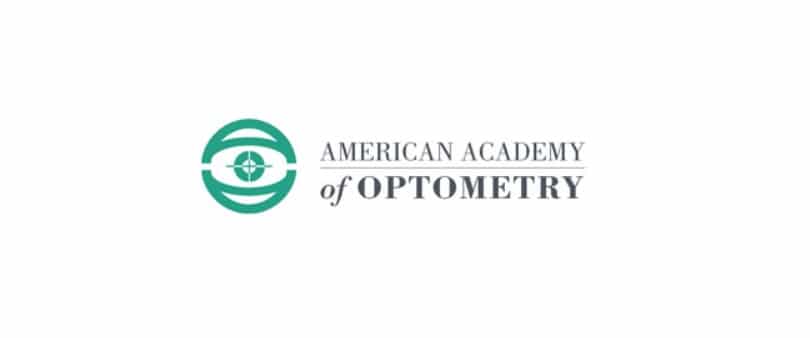A Joint Letter by Fighting Blindness Canada, the Canadian Association of Optometrists and Canadian Ophthalmological Society
The Government of Canada must keep its long-overdue promise and develop a Vision Health Plan for Canada. In 2003, the Canadian government made a commitment for the first time to the World Health Organization (WHO) that it would develop a Vision Health Plan for Canada by 2007 and implement this plan by 2009. To date, no plan has been developed.
As recently as July 2021, the Government of Canada voted in the UN General Assembly for the first agreement to be adopted at the United Nations designed to tackle preventable sight loss and enshrine eye health as part of the United Nations’ Sustainable Development Goals. In this resolution, the establishment of a national vision health plan was endorsed again by Canada.
The key to a Vision Health Plan is the establishment of a Vision Health Desk.
The Benefits of a Vision Desk Health at Public Health Agency of Canada
Maintaining good vision is a vital part of overall health and quality of life. The impact of vision loss on an individual is enormous from both physical and mental health perspectives. In fact, 80% of Canadians report that losing their vision is their most feared disability. In a 2019 assessment of vision loss in Canada, Deloitte Access Economics found that vision loss and blindness affect 1.2 million Canadians, or 3.2% of the Canadian population, at a cost of $32.9B. It is a critical public health issue, that has a significant impact on a person’s quality of life. It is for this reason that we are advocating for the establishment of an Office for Vision Health, or Vision Health Desk at the Public Health Agency of Canada.
For many years, optometrists, ophthalmologists, researchers, and patient advocates have been engaged in raising awareness about eye health, vision care and the prevention of blindness among Canadians. The good news is that vision loss can be prevented or treated in 75% of cases. Along with vision partners the Canadian Association of Optometrists, Canadian Ophthalmological Society, and Fighting Blindness Canada have worked collaboratively to advocate for those who need eye health and vision care the most: seniors, children, those with low vision and disabilities, Indigenous people, and low-income families. We are committed to ongoing collaboration and we recognize that our success is limited without the collaboration and leadership of the federal government.
Led by a Chief Eye Health Officer, the Vision Health Desk would work with the healthcare systems within provinces and territories on strategies for eye health, vision care, and the full integration of post-vision loss rehabilitation therapy into the health care continuum. Similar to the existing Dental Desk, the Vision Health Desk would run public education campaigns about eye health issues, serve as a hub for eye health research and encourage collaboration across all activities with provincial and territorial governments, non-governmental organizations, health professionals, industry and interested individuals. A Vision Health Desk could also set priorities or coordinate vision research and translate science into health services, similar to the National Eye Institute in the United States. The Vision Health Desk would provide a unifying vision for eye health in Canada through the development of a National Strategy for Action on Eye Health and Vision care.
Leadership from our federal government is required to make this a reality for all Canadians, and a Vision Health Desk represents a positive first step in that direction.
Click HERE for the press release.












